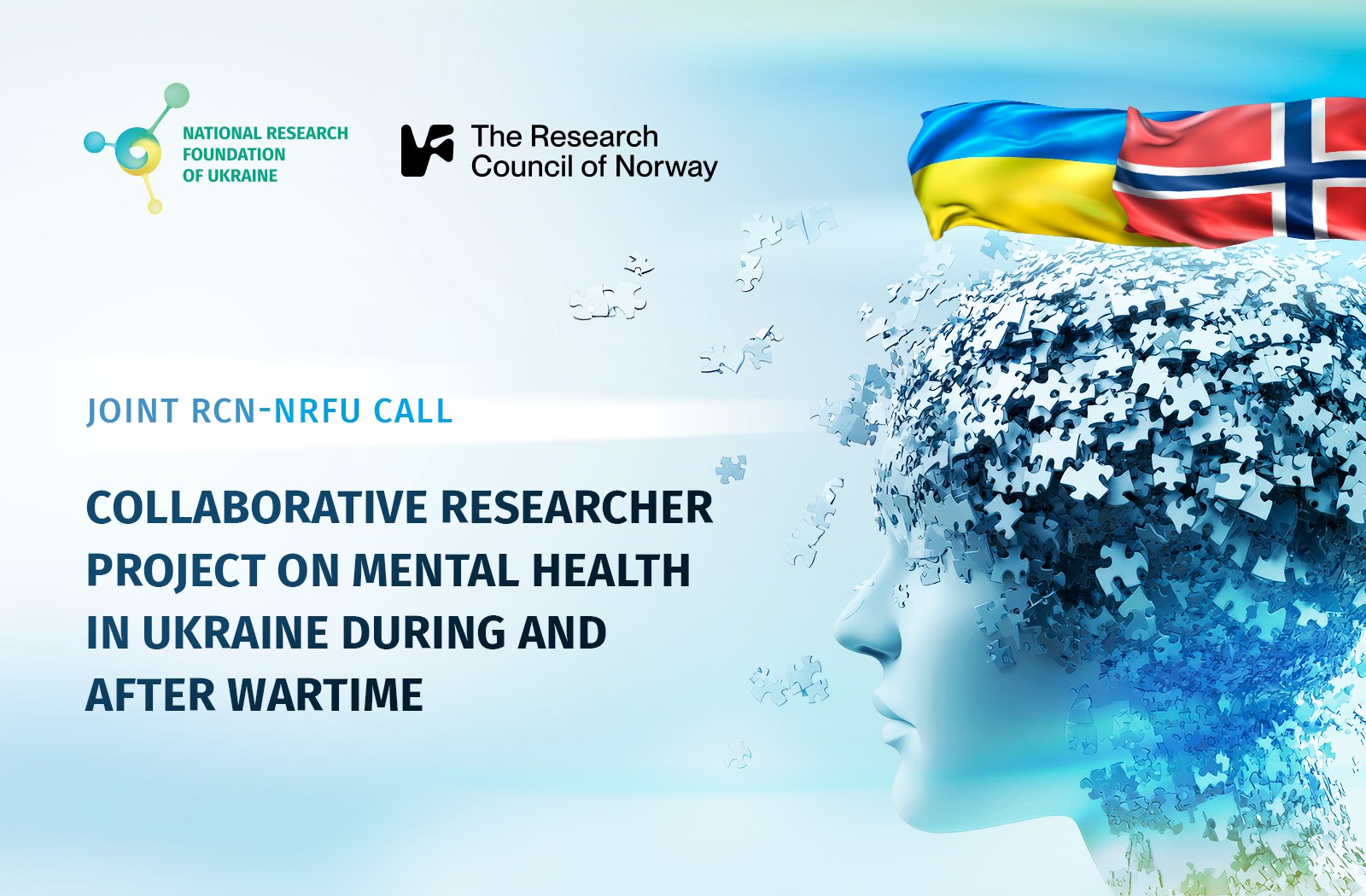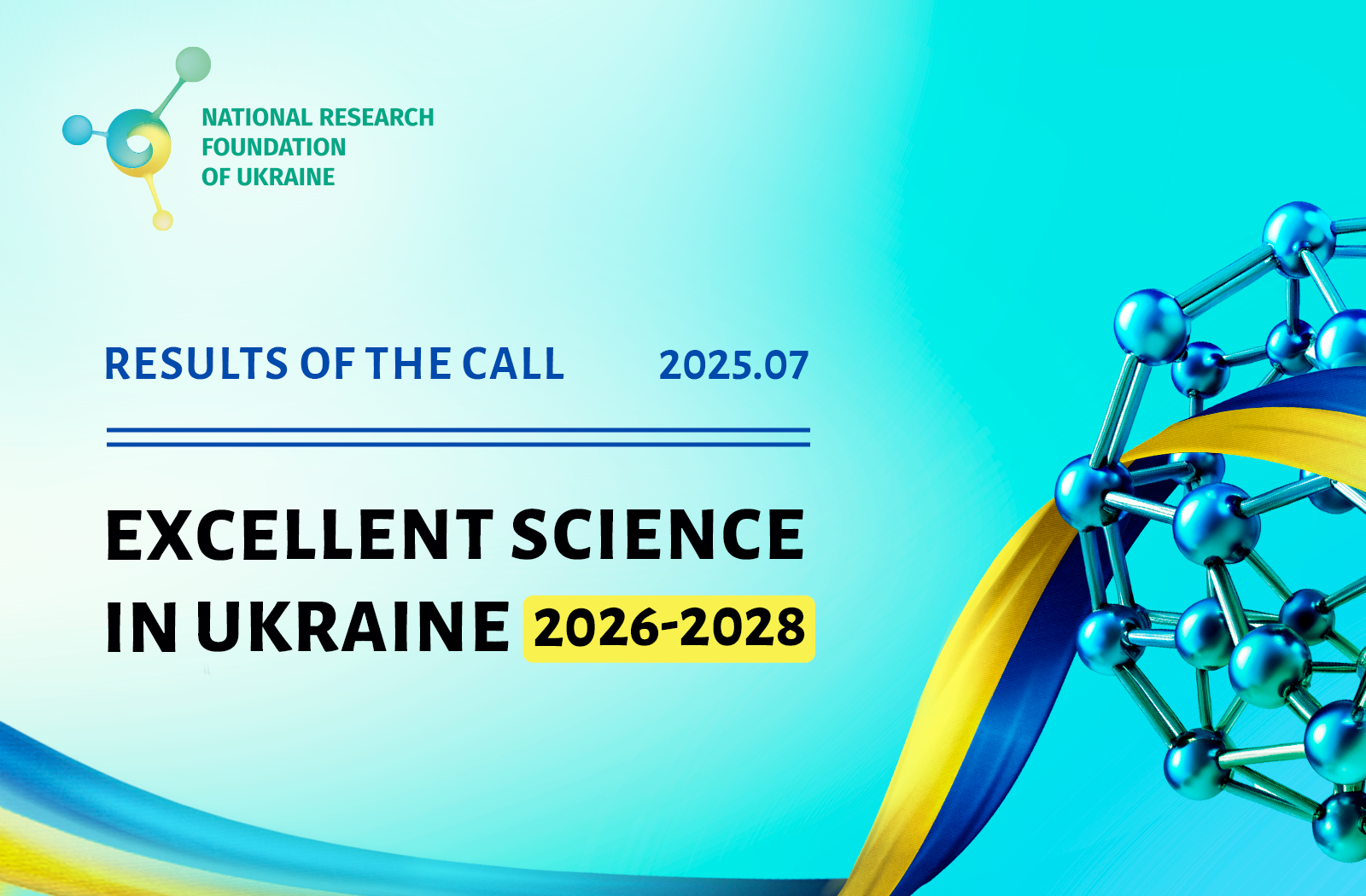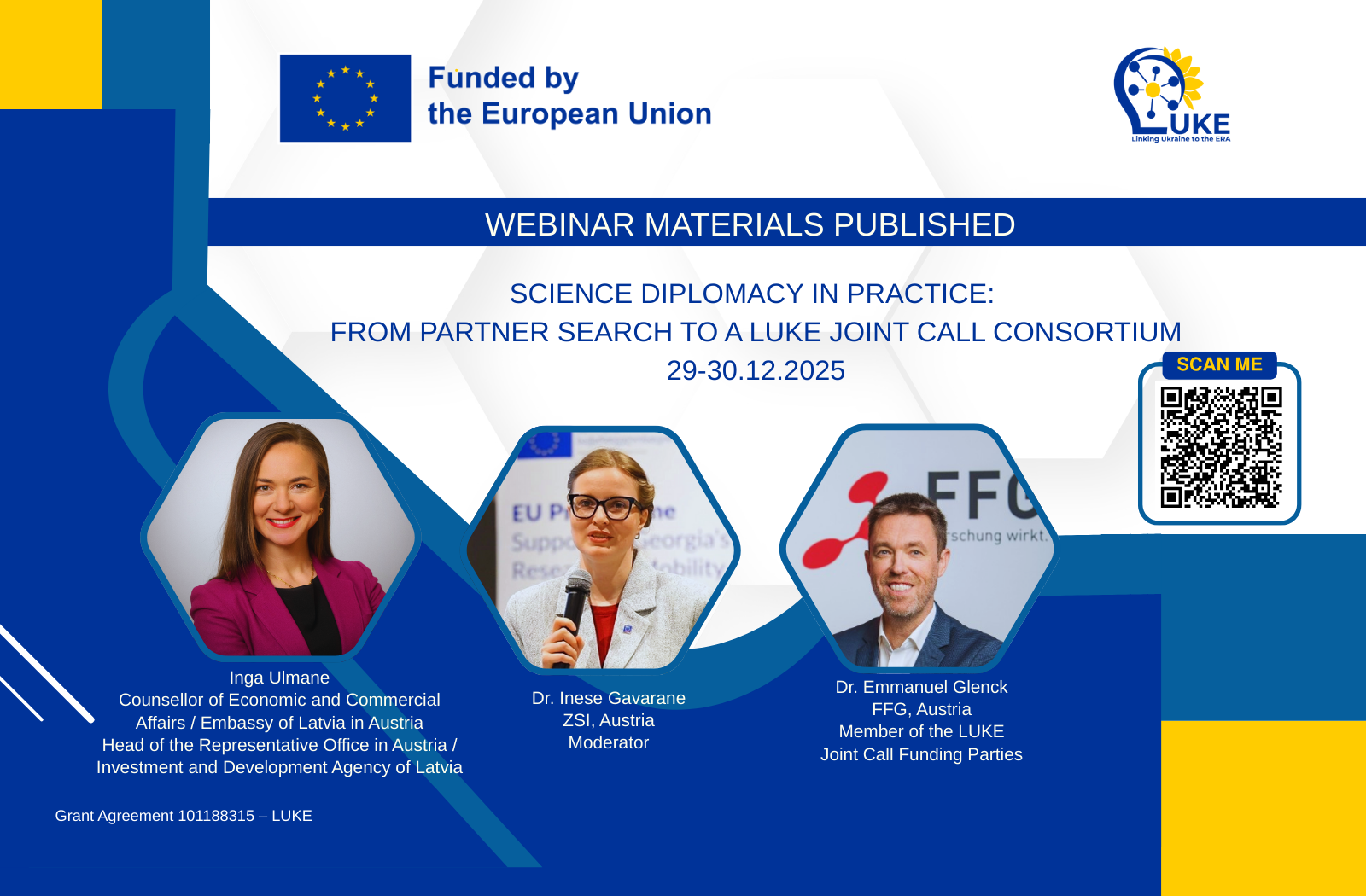UNESCO calls for Ukrainian and African young researchers to apply for a remote capacity-building training on Extracellular Vesicle Production, Purification and Characterization. This call is launched in collaboration with the Université Paris Cité and the NABI Laboratory (Nanomedicine, Extracellular Biology, Integratome, and Health Innovations) in France, with its expertise facility IVETh. The initiative aims to support the academic and professional growth of young African and Ukrainian scientists while also laying the foundation for future international partnerships in biomedical research.
This programme is open to young Ukrainian and African PhD candidates, postdoctoral fellows, and early-career researchers (PhD) up to 35 years old working in the fields of biophysics, biotechnology, biochemistry, bioengineering, and related disciplines. Eligible applicants must demonstrate strong proficiency in English and have a solid foundation in the basic sciences (physics, chemistry, and biology).
The training will take place from 27 to 31 October 2025.
It will be focused on Bioproduction and characterization of cell-free nanobiotherapies. Since extracellular vesicles (EV) derived from cells have gained significant attention due to their pivotal role in intercellular communication, tissue regeneration, and potential therapeutic applications. The comprehensive characterization of EVs is critical to understanding their biological function, therapeutic efficacy, and safety. Therefore, the practical training will focus on the production of EVs from a cancerous cell line, their purification and their characterization. After, their uptake on a receptor cell line using a high content screening platform will be studied. Scientific contents of the training include: 1) cell culture, 2) cell counting, optical and confocal microscopy, 3) (ultra)centrifugation, 4) EV production, 5) characterization of EVs by nanoflow cytometry, 6) cell staining with fluorescent dyes, and 7) analysis of EV uptake by recipient cells.
Participants are expected to commit fully to all sessions of the course and have access to a reliable internet connection. Selected trainees are required to carefully review preparatory materials provided prior to the training.
Deadline for applications: 31 October 2025
To submit an application and for more information, please visit the official UNESCO website at the link provided: Call for applications: Remote experimental training on extracellular






